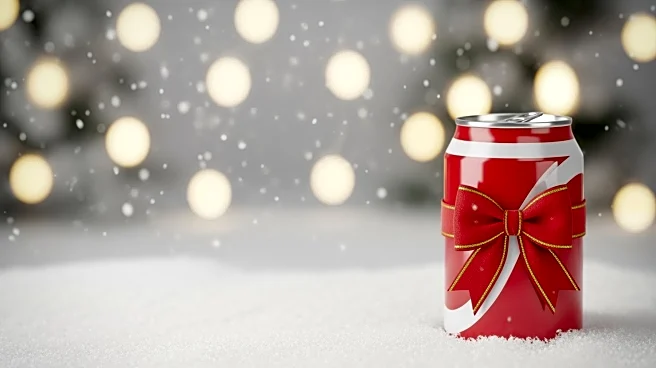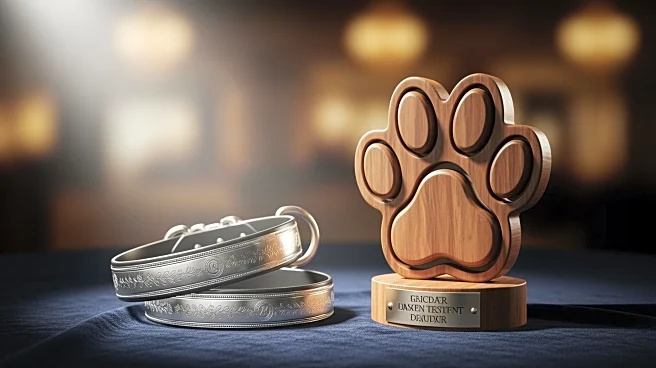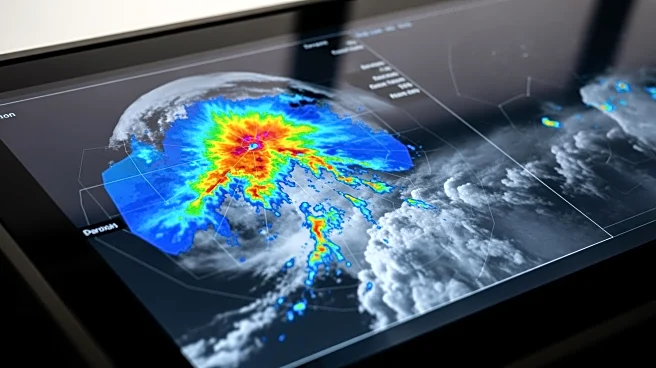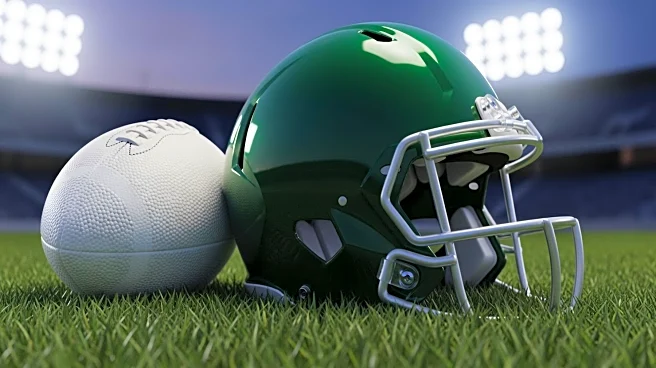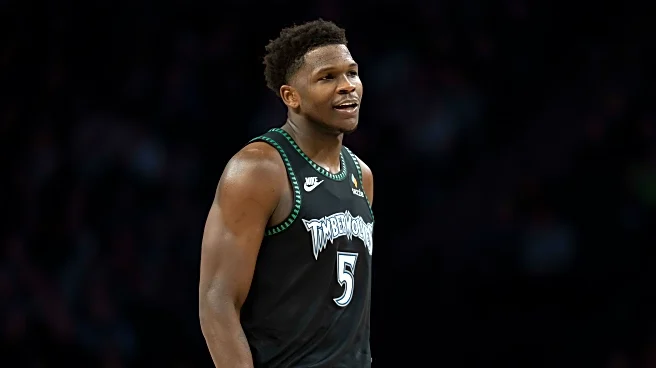What's Happening?
Coca-Cola has released a new AI-generated advertisement for its Holiday 2025 campaign, sparking significant backlash. The ad, created by AI studio Secret Level, features traditional holiday elements such as Coca-Cola trucks and Santa Claus, but is entirely
crafted using generative AI. Pratik Thakar, Coca-Cola's global VP and head of generative AI, defended the ad, stating that the craftsmanship is significantly improved compared to previous AI efforts. Despite this, the ad has been criticized online, with many pointing out the irony of Coca-Cola's slogan 'it's always the real thing' in the context of an AI-generated advertisement. Critics from the creative industry have expressed concerns over job security and the quality of AI-generated content.
Why It's Important?
The backlash against Coca-Cola's AI-generated ad highlights ongoing tensions in the creative industry regarding the use of AI technology. As companies increasingly adopt AI for content creation, concerns about job displacement and the authenticity of AI-generated work are growing. This development could influence how brands approach advertising and the integration of AI in creative processes. The controversy also underscores the challenge of maintaining brand identity and consumer trust when traditional marketing methods are replaced by AI-driven techniques.
What's Next?
Coca-Cola's continued use of AI in advertising suggests a commitment to exploring innovative marketing strategies, despite criticism. The company may face pressure to balance technological advancements with consumer expectations for authenticity. As AI technology evolves, other brands might follow suit, potentially leading to broader industry shifts. Stakeholders, including advertisers and creative professionals, will likely engage in discussions about the ethical implications and future role of AI in marketing.
Beyond the Headlines
The use of AI in advertising raises ethical questions about creativity and originality. As AI-generated content becomes more prevalent, the definition of artistic craftsmanship may evolve, challenging traditional notions of creativity. This shift could impact cultural perceptions of art and advertising, prompting debates about the value of human versus machine-generated work.
